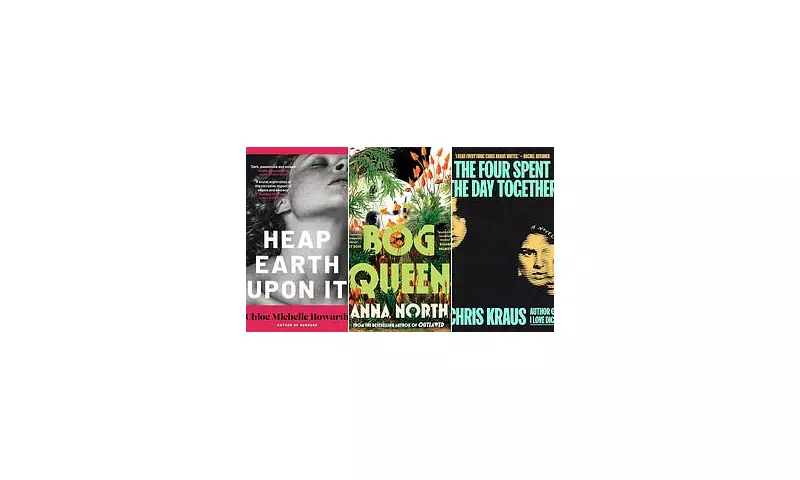
In an era of fleeting digital content, three remarkable novels stand as testament to the enduring power of literary fiction to captivate, challenge, and transform readers. These works represent the very pinnacle of contemporary storytelling, each offering a unique and unforgettable journey into worlds both familiar and extraordinary.
The Bog Queen: A Tale of Magic and Modernity
Anna North's The Bog Queen emerges as a stunning work of magical realism that blurs the boundaries between ancient folklore and contemporary life. The novel follows Liv, a woman who makes the extraordinary discovery of a centuries-old body preserved in a bog—a figure who begins to speak to her across time.
North masterfully weaves together themes of female power, historical legacy, and environmental consciousness. The bog itself becomes a character, representing both preservation and transformation, while Liv's journey mirrors our own search for connection in an increasingly disconnected world. This is literary fiction of the highest order, destined to join the ranks of modern classics.
Heap of Earth: The Raw Beauty of Coming of Age
Chloe Michelle Howarth's Heap of Earth delivers a poignant and beautifully observed coming-of-age story set in 1990s rural Ireland. The novel introduces us to Susannah, a young woman grappling with her sexuality and identity within the confines of her conservative community.
Howarth's prose shines with authenticity and emotional depth, capturing the exquisite pain and joy of self-discovery. The Irish landscape becomes both prison and sanctuary for Susannah as she navigates first love, family expectations, and the courage required to live truthfully. This debut announces Howarth as a significant new voice in literary fiction.
Four Spent Days: An Artist's Enduring Legacy
Chris Kraus returns with Four Spent Days, a profound meditation on art, memory, and the creative process. The novel unfolds over four days following the death of a renowned artist, as those who knew him—lovers, collaborators, critics—grapple with his complicated legacy.
Kraus, known for her intellectual rigor and emotional precision, explores how we remember and mythologize creative figures. The narrative moves seamlessly between past and present, revealing how art continues to resonate long after its creator is gone. This is a sophisticated, challenging work that rewards careful reading and reflection.
Why These Novels Matter
In a crowded literary landscape, these three works stand apart through their distinctive voices, ambitious scope, and emotional authenticity. Each demonstrates the unique capacity of literary fiction to illuminate the human experience in all its complexity.
North's magical realism invites us to see the extraordinary in the ordinary, while Howarth's intimate portrait reminds us of the universal struggles of identity and belonging. Kraus's intellectual exploration challenges us to consider the nature of artistic legacy and memory.
Together, these novels represent the vibrant diversity and enduring power of contemporary literary fiction. They are not merely books to be read, but experiences to be lived—stories that will linger in the mind and heart long after the final page is turned.





